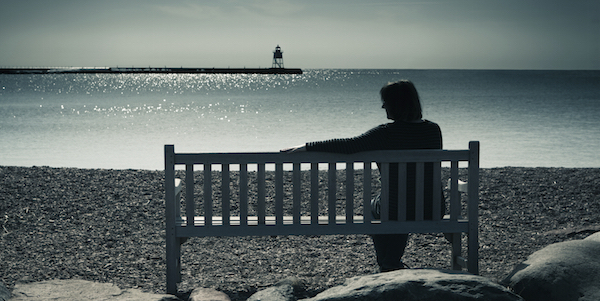 Wills and trusts serve a number of important purposes when you die. They allow you to designate how you wish your property to be distributed to your loved ones. In addition, they allow you to designate guardians for your children and who you wish to administer the distribution of your estate or act as a trustee of your trust.
Wills and trusts serve a number of important purposes when you die. They allow you to designate how you wish your property to be distributed to your loved ones. In addition, they allow you to designate guardians for your children and who you wish to administer the distribution of your estate or act as a trustee of your trust.
If you do not have a will, trust, or use some other means to transfer your property, state law steps in when you die to determine who receives your property. In Oregon, if you are married, your spouse will usually receive your property. However, if this is a second marriage and there are children from other relationships, then the property will be divided between your spouse and children, regardless of your wishes or the age of your children.
If you are not married and do not have children, then other relatives—such as aunts and uncles or nieces and nephews or others—will receive your property. If no relatives can be found, then the state will receive your property.
As you can see, a will or trust can give you peace of mind that your property will pass to those you intend to benefit: family members, loved ones, or your favorite charity. The default state law does not provide that same peace of mind.
There are other reasons to have a will or trust and to work with an estate planning attorney to prepare other documents, such as a power of attorney and advance directive for healthcare. Without a will or trust, a judge will determine who will care for your young children and their property if the other parent is unavailable or unfit. If you have a significant other but are not married, your surviving partner will not receive anything. If you do not have an advance directive for healthcare, your significant other will not be allowed to make healthcare decisions for you when you are unable to do so. Rather, state law will determine who has a say in your healthcare. In addition, without a will or trust, a judge will decide who will take responsibility for administering your estate and handling your personal affairs after your death.
Some property passes to beneficiaries without the need for probate and, even if there were a will, would not transfer under the will. These assets include the following:
- life insurance death benefits where the decedent named beneficiaries.
- assets held with survivorship rights, such as tenancy by the entirety.
- funds held in a retirement account, such as an IRA, 401(k) or pension, where the decedent named beneficiaries
- stocks and investment accounts held in payable on death Accounts (POD)
- real estate subject to a transfer on death deed (TODD).
- property held in a trust.
Please contact us for a free initial consultation if you need to plan your estate or update an existing estate plan.
Phone: 503-639-6176 or Email: contact@parianilaw.com